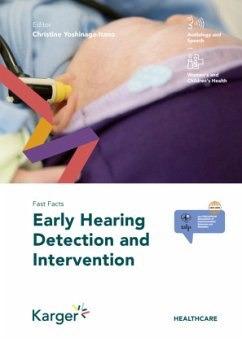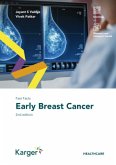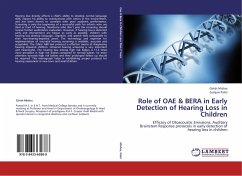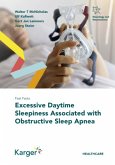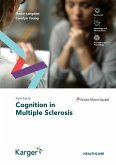In 'Fast Facts: Early Hearing' Detection and Intervention an international team of contributors brings together the evidence that supports the effectiveness of universal newborn hearing screening (UNHS) and early hearing detection and intervention services (EHDI). As well as considering elements essential to successful UNHS/EHDI programs, including screening technologies, resources, data management and family-centered early intervention services, the team discusses the resources needed to deliver such programs as well as the performance of screening programs globally. The aim is to provide a comprehensive compendium of information to make the case for greater recognition of the importance of UNHS/EHDI and so improve the life chances of children who are diagnosed as deaf or hard of hearing. Table of Contents: -Newborn hearing screening and EHDI -Rationale for UNHS/EHDI programs -Prevalence of newborn hearing loss and performance of screening programs -Global status of newborn and infant hearing screening -Genetic and CMV testing -Medical evaluation and management of permanent childhood hearing loss -Middle ear effusion and other barriers to timely diagnosis -Data management systems for newborn hearing screening programs -Establishing UNHS/EHDI programs -Pediatric diagnostic audiology -Amplification device fitting -Family-centered early intervention -Unilateral hearing loss and auditory neuropathy spectrum disorder
Bitte wählen Sie Ihr Anliegen aus.
Rechnungen
Retourenschein anfordern
Bestellstatus
Storno

